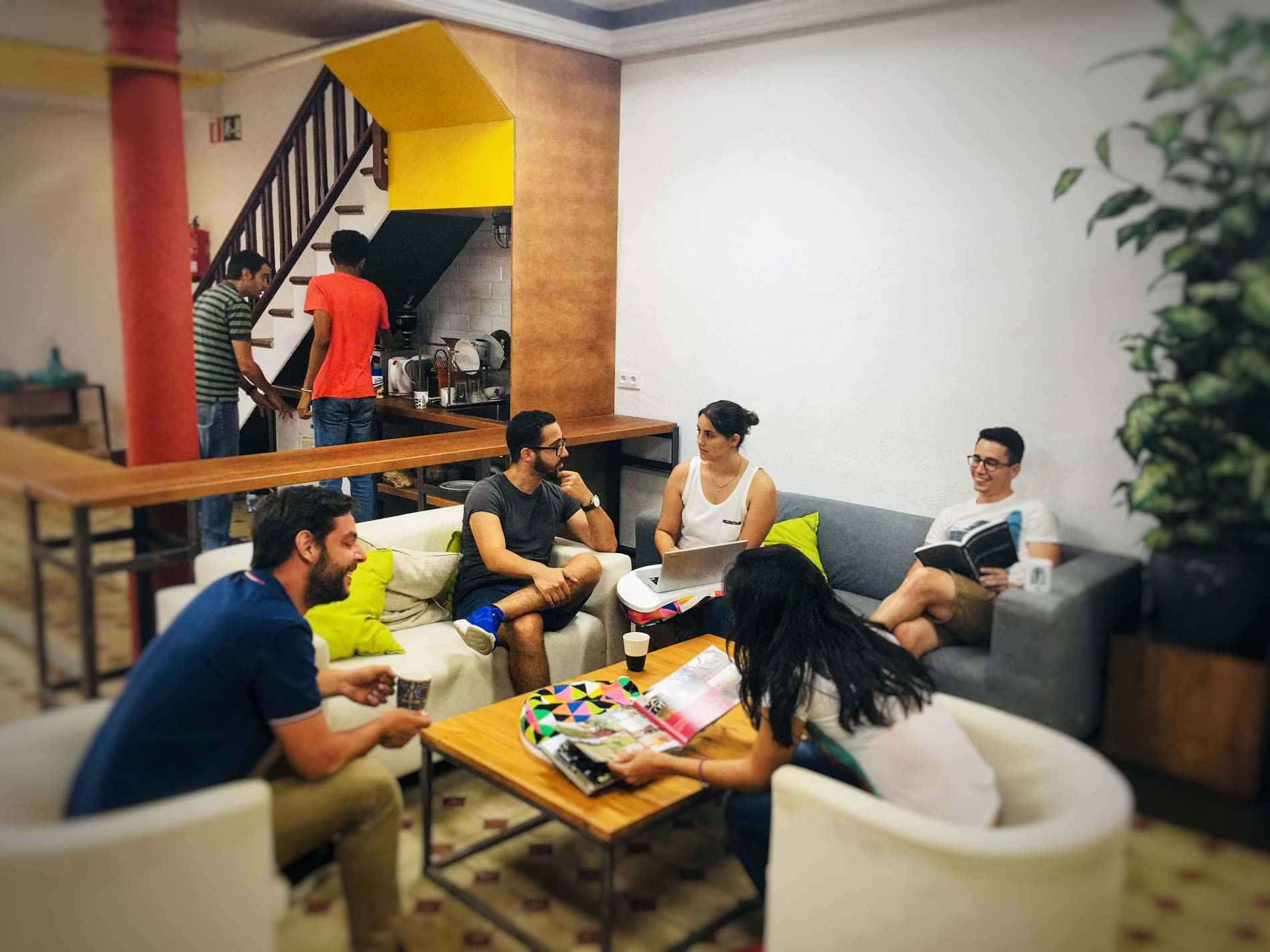Idea 2 - Change your coffee machine at work and make your team happier
In 2018, our company moved into a new office, we decked it out with sofas and hammocks and tropical plants. It was beautiful. Our team had told us that coffee was important, so we bought two fancy Nespresso machines and a tonne of capsules and thought our job was done. About three months later though, one team member came to us and told us the quality wasn’t great and that some of the team would prefer to use freshly ground coffee, we didn’t have space for an industrial espresso machine so he asked if we could buy them a Bialetti Moka pot, you know the octagonal metal Italian coffee machines you put on the hob. We bought him one and thought nothing of it.
And then a strange, unexpected thing happened.
As the coffee maker we bought made 12 cups of coffee, when one person made a cup they made 11 more cups for everyone else, and, rather than let it go cold, they announced to the rest of the team that there was fresh coffee in the kitchen. Almost overnight groups started forming that would organise mini coffee social events throughout the day. Not wanting to be left out, the tea drinkers asked for a tea pot and the same thing happened.
When we had the Nespresso machine no-one socialised during the day. When we bought a 20€ moka pot and 10€ tea pot, our team built lifelong friendships.
Fika - the secret to workplace happiness
It turns out that the benefits of planned coffee breaks have been known for years. In Sweden (one of the happiest countries in the world), their tradition of Fika is so important that it is actually written into work contracts. It’s been credited with increasing productivity, feeling of support and happiness at work.
This week’s tip
It is not “go and buy a new coffee machine” or “force your team to have Fika” as I know this just won’t work in many companies. Instead it is …
“Have a look at your office and your team and see if there is any way you can nudge them to spend a bit more non-work time together.”
What about productivity?
Unless your team works on a production line then “time spent at desk alone” does not equal “quality of work done”. A footballer who trains 12 hours by themselves will not be better on Saturday than someone who has trained 6 hours with the rest of the team.
Why is connection important?
Connection at work is one of the 5 factors that influence workplace happiness. In many studies it is actually the most important driver of happiness in the workplace. By encouraging your team to spend time together, they build relationships, build psychological safety and connect with their colleagues. If your team doesn't feel connected then you’re in for some unwanted surprises. Loneliness at work is one of the top predictors of intention to leave.
Next steps …
Have a look at your office environment and think what tiny change you can make that will encourage your team to spend a little more non-work time together. It could be getting bigger lunch tables or putting comfy chairs next to the water cooler or if you work remotely, you could open meetings ten minutes earlier to allow people to chat.
In one school I worked with we changed the plastic chairs in the staff room for a sofa and laid out free biscuits before every break time. The result … more people came to the staffroom and they stayed longer.
A tiny change that made a big difference.
…
If you’re new to the blog I recommend reading the first article in the series - what makes people happy at work. This will give you an overview of the basics of happiness in the workplace and the areas you need to address when looking at workplace wellbeing.
Next week … the one question you can ask that will boost your team’s positivity
Follow the blog
I regularly write on how you can use the science of happiness and the science of wellbeing to improve team performance. Sign up now to receive the latest blog posts in your inbox.



